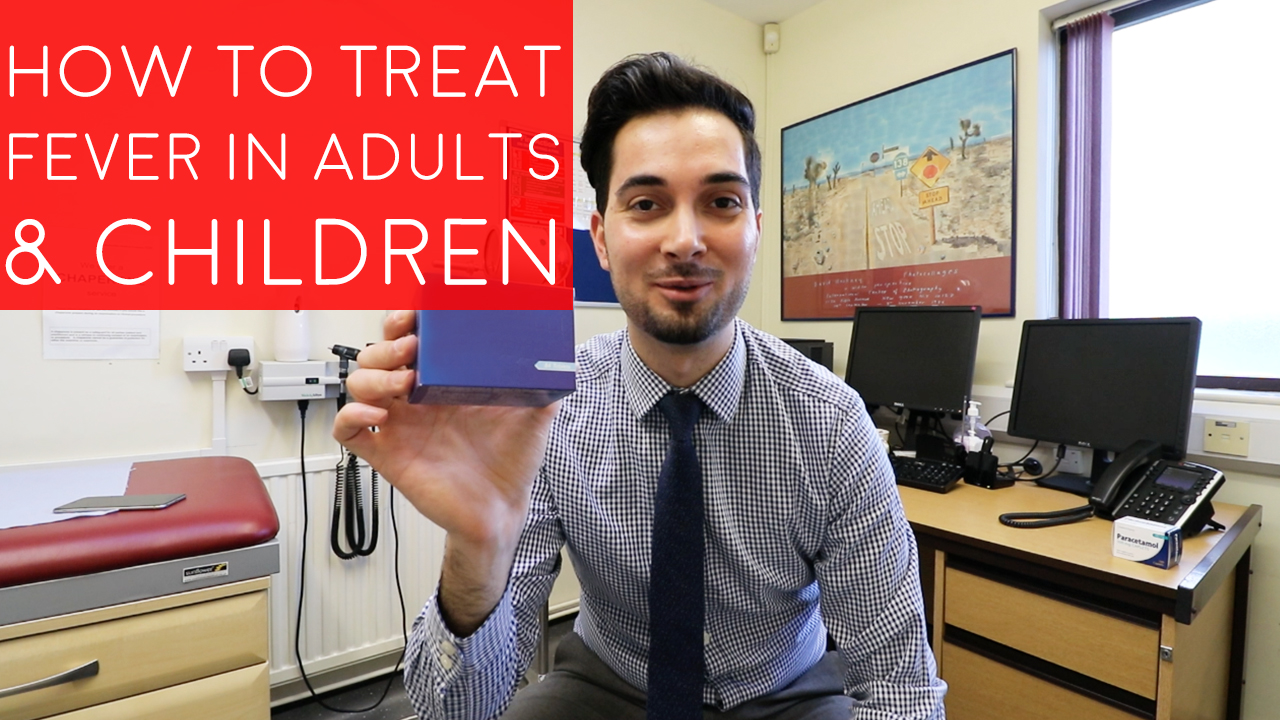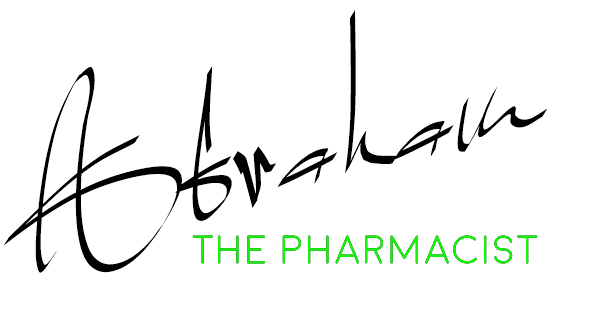Health Articles

WHAT IS NORMAL?
The average body temperature, taken with a thermometer in the mouth, is 37ºC (98.6ºF), but anywhere between 36.5ºC and 37.2ºC (97.7ºF and 99ºF) can be considered normal.
WHAT IS A FEVER?
A fever helps the body fight infections by stimulating the immune system. By increasing the body’s temperature, a fever makes it more difficult for the bacteria and viruses that cause infections to survive.
A fever is a high temperature of 38C or more.
RED FLAG SYMTPOMS TO BE AWARE OF:
Any of the following symptoms suggest that you or your child need urgent medical advice/help. They suggest that the symptoms could indicate a serious illness, and need emergency help.
I have tried my best to add as many red flag symptoms but incase I have missed anything please make sure to visit the following pages as well,
-https://www.nhs.uk/conditions/pregnancy-and-baby/treating-high-temperature-children/?
-https://www.nhs.uk/conditions/pregnancy-and-baby/spotting-signs-serious-illness/?
-https://patient.info/health/fever-in-children-high-temperature/seeing-a-doctor
-https://beta.nhs.uk/symptoms/fever-in-children/
• A high temperature in a baby less than 8 weeks old
• The child is under 3 months old with a temperature of 38°C (101°F) or above
• The child is between 3 and 6 months with a temperature of 39°C (102°F) or above
• The child's fever lasts for more than 5 days
• Your child's health is getting worse
• Your child is under 8 weeks old and doesn't want to feed
• Cold feet and hands
• A high-pitched, weak or continuous cry in young children
• A lack of responsiveness, slower in activity or floppy, quiet or listless despite taking paracetamol or ibuprofen
• A bulging fontanelle (the soft spot on a baby’s head)
• A stiff neck
• Bothered by light
• Not drinking for more than 8 hours or showing signs of dehydration -https://www.nhs.uk/conditions/dehydration/
• Fits, convulsions or seizures
• Blue, very pale, mottled, blotchy or ashen/grey skin
• Difficulty breathing, fast breathing, grunting while breathing, or if your child seems to be struggling to breathe - for example, sucking their stomach in under their ribs
• Unusually drowsy, hard to wake up, unable to stay awake, doesn’t seem to recognise you or seem aware of what’s going on around them
• Severe abdominal pain
• A spotty purple-red rash anywhere on the body that doesn’t fade when a glass is rolled over it
• Repeated vomiting or green (bile-stained) sick
• You have any concerns about looking after your child at home
TIPS TO HELP A FEVER:
• Drink or encourage to drink plenty of fluids – offer regular breastfeeds if you're breastfeeding.
• Try to eat nutritious foods if you can.
• Check on your child from time to time during the night
• Tepid sponging is not recommended for treatment of fever
• Avoid bundling up in too many clothes or bedclothes
• Keep the room at a comfortable temperature, but make sure fresh air is circulating
• Drink plenty of fluids to prevent dehydration
MEDICATION:
If your child seems distressed, consider giving them children's paracetamol or ibuprofen. These shouldn't be given together unless advised by a healthcare professional.
Adults can take paracetamol and/or ibuprofen to help reduce a fever.
Always check any medication with your healthcare professional, read the instructions on the bottle or packet carefully, and never exceed the recommended dose.
Do not use ibuprofen if you have a known allergy or asthma attacks have been triggered by it or medicines in the same family.
Disclaimer:
This video is for information only and should not be used for the diagnosis or treatment of medical conditions. Abraham The Pharmacist has used all reasonable care in compiling the information but make no warranty as to its accuracy. Always consult a doctor or other health care professional for diagnosis and treatment of medical conditions.
About Abraham The Pharmacist:
Prescribing Media Pharmacist | Bringing Science Through New Film Every Monday | Extreme Optimist
Abraham the pharmacists is a prescribing media pharmacist who loves science, making videos and helping people. He works in both GP surgeries and community pharmacy.
Feel free to connect with Abraham the pharmacist at:
http://instagram.com/AbrahamThePharmacist
http://facebook.com/AbrahamThePharmacist
https://www.youtube.com/c/AbrahamThePharmacist
https://www.twitter.com/AbrahamThePharm
https://plus.google.com/u/4/109698449114086481589
https://www.linkedin.com/in/AbrahamThePharmacist









